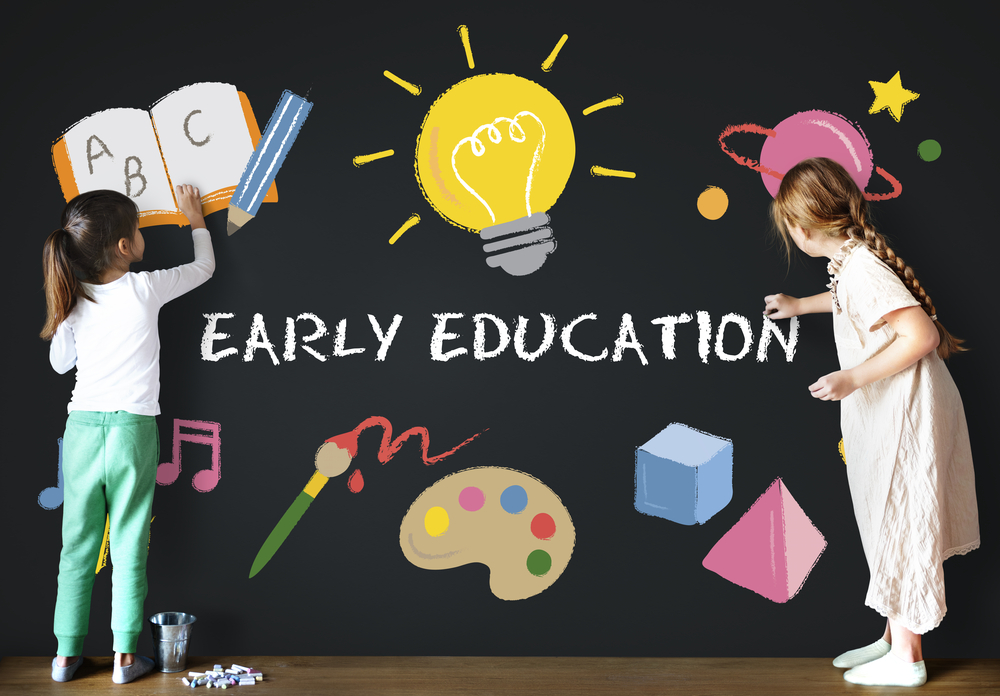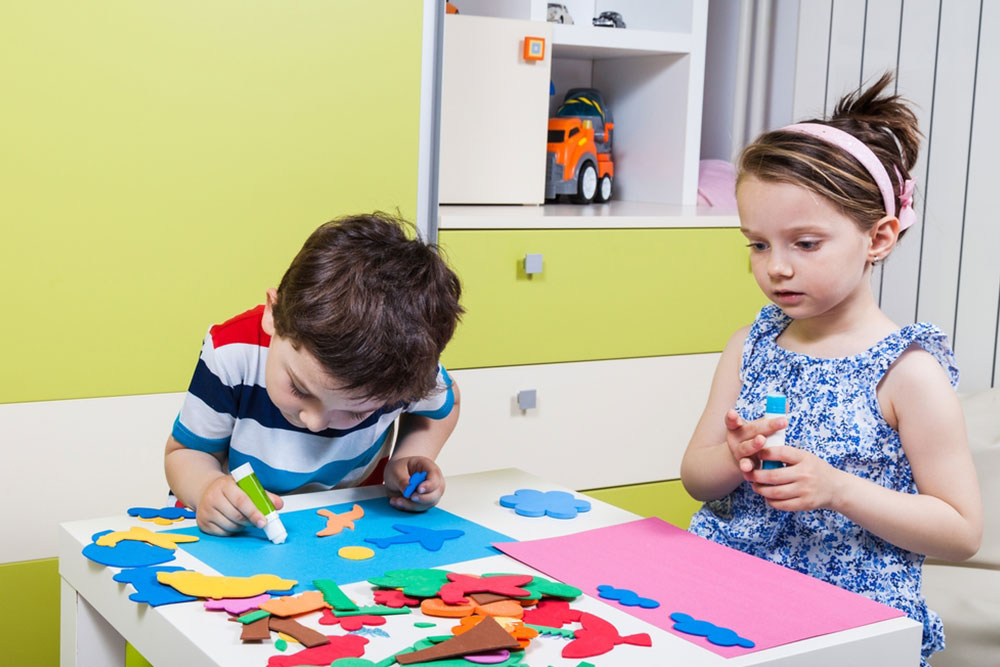Advantages of No-Cost Preschools in Colombia
Discover the significant benefits of free preschool programs in Colombia, including enhanced social skills, early learning foundation, and motor development. These programs prepare children for future success while fostering independence and enthusiasm for learning. Early childhood education plays a vital role in shaping responsible and confident adults, making these preschools an essential part of childhood development.

Advantages of No-Cost Preschools in Colombia
Advantages of Free Preschools in Colombia
Some of Colombia's top preschools provide a nurturing environment that helps young children flourish. These institutions focus on fostering curiosity and individual growth. The primary goal is to offer children opportunities to develop into responsible, healthy, and independent individuals. Educators show love, enthusiasm, and care, creating an encouraging atmosphere that makes each child feel special. Early childhood education lays a crucial foundation, with each new word, experience, and behavior contributing to a brighter future.
Preschool education offers vital benefits that support academic success in later years. Here are some key advantages:
Benefits of Early Childhood Learning
Enhanced social abilities: Children learn to interact effectively with peers and adults. Colombian free preschools help children develop listening skills, express themselves, share, cooperate, and build friendships while taking responsibility for their actions.
Great developmental opportunities: Preschool serves as a child's first formal learning experience, helping them learn sharing, follow instructions, and establish a learning routine that will benefit them in elementary school.
Passion for lifelong learning: Engaging and enjoyable lessons inspire children to embrace learning with enthusiasm, fostering curiosity and a love for knowledge.
Better readiness for elementary education: Children who attend preschool tend to perform better in grade school, requiring less specialized support later on. These programs promote physical, emotional, mental, and social growth, preparing children for future challenges.
Choice-making skills: Preschoolers are offered a variety of activities. Encouraged to select options that interest them, children learn decision-making and social interaction, with teachers guiding them to join group play if needed.
Self-care and cooperation: As they learn to manage personal hygiene, tidy up, and organize belongings, children's self-esteem and independence grow. Peer interaction during school also enhances social development.
Attention span development: Early programs nurture curiosity and exploration, helping children improve concentration, listen attentively, and balance independent work with group activities.
Respect for others: Preschool environments teach children the importance of respecting peers and adults alike.
Motor skills development: Engaging in activities like running, climbing, and balancing helps children enhance physical coordination and explore their environment confidently. High-quality preschools provide diverse opportunities for active play that boosts hand-eye coordination and physical balance.
Research indicates that early childhood education increases the chances of high school graduation, reduces behavioral issues, and promotes college attendance, leading to responsible adulthood.










